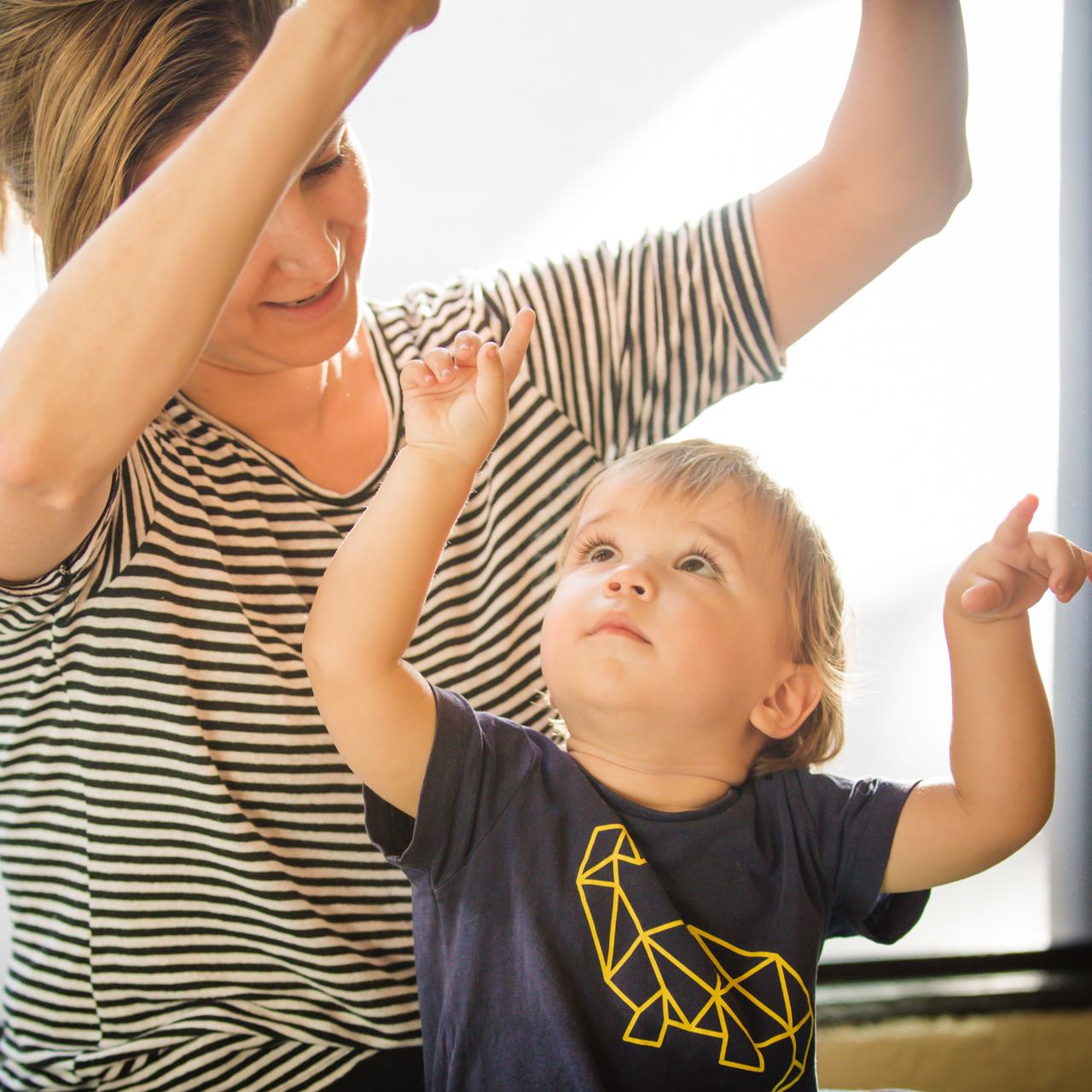
Additional Topics
Conflict Resolution
Eating & Table Manners
Is Faster Better?
Diapering as Quality Time
Predictability & Routines
Providing predictable daily routines help infants feel a sense of order and control, which lead to their feeling secure and regulated. Chaotic daily lives lead to anxiety. This was the conclusion in a study led by Dr. Timothy Monk at the University of Pittsburg School of Medicine in 2010. In a predictable environment, and with a routine of regular, dependable events such as meals and sleep, babies feel settled and cry less, and parents feel more confident in their ability to meet their children’s needs.
By “routine” we mean that as much as possible, we keep to a daily schedule with our infants. Meal times, play times, nap times, bed time, all happen, if not at exactly the same time each day, at least in the same order. Babies come to expect, anticipate, and regulate themselves to the routine. This gives them a stable foundation. Because babies grow and change so rapidly, we need to give them a firm base from which to cope with changes that come from the environment and from within themselves. Routine provides this base.
Being “predictable” means that, from the very beginning of her life, you tell your baby ahead of time when a change will happen – even a tiny change, such as “I will turn the light on,” or, “I will pick you up,” or, “I’ll go to the bathroom now.” Although her immediate reaction may be to protest the change, soon she will become confident in the face of changes.
It may seem contradictory to prepare a child for our hectic world by providing a comfortable, predictable, constant (some would say boring) daily routine. In fact, some parents wonder whether exposing a child to many changes early in life might not prepare her better for our fast-changing society. But being exposed to circumstances we can neither anticipate nor understand, and in which we cannot actively participate, makes us feel helpless. Anticipating an event, or a change, on the other hand, gives us a feeling of being prepared, of being in control. And the more secure and in control we feel, the more confident we become.
Should we try to protect children from all change? No, this is impossible. We must each find a balance in our own lives. But, dealing with the unexpected can be made easier by keeping a consistent, overall pattern. It is easier to cope with major changes if the small routines of life remain intact.
During RIE Parent Infant-Guidance Classes, the facilitator models predictability, and how to create family routines is just one of the many topics covered in group discussions with parents.

